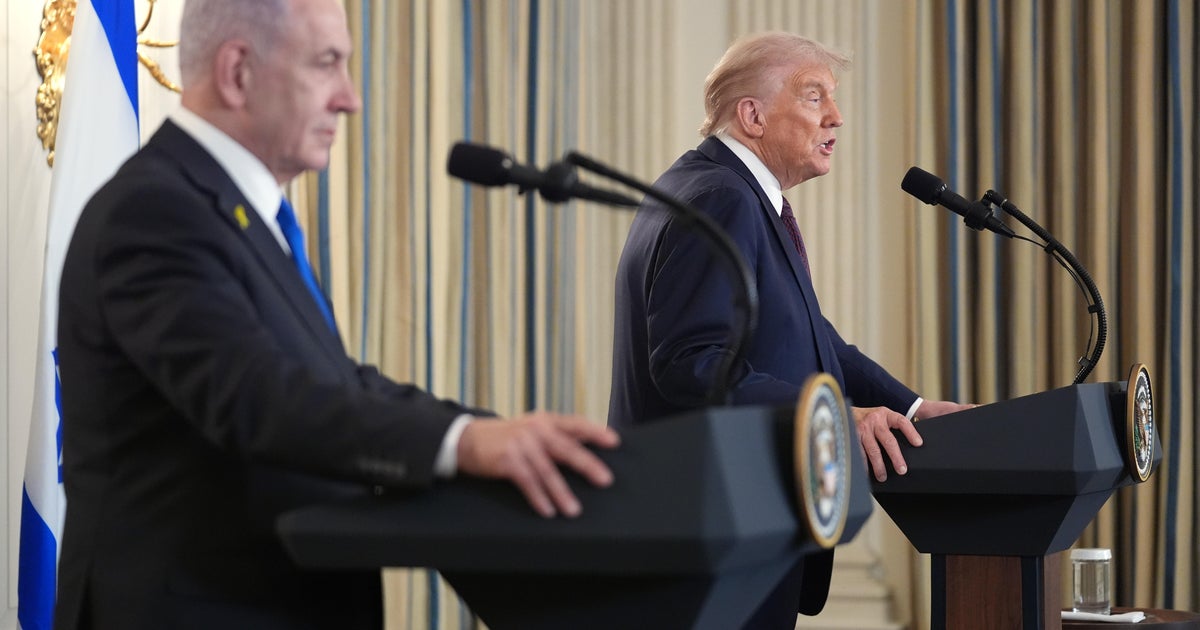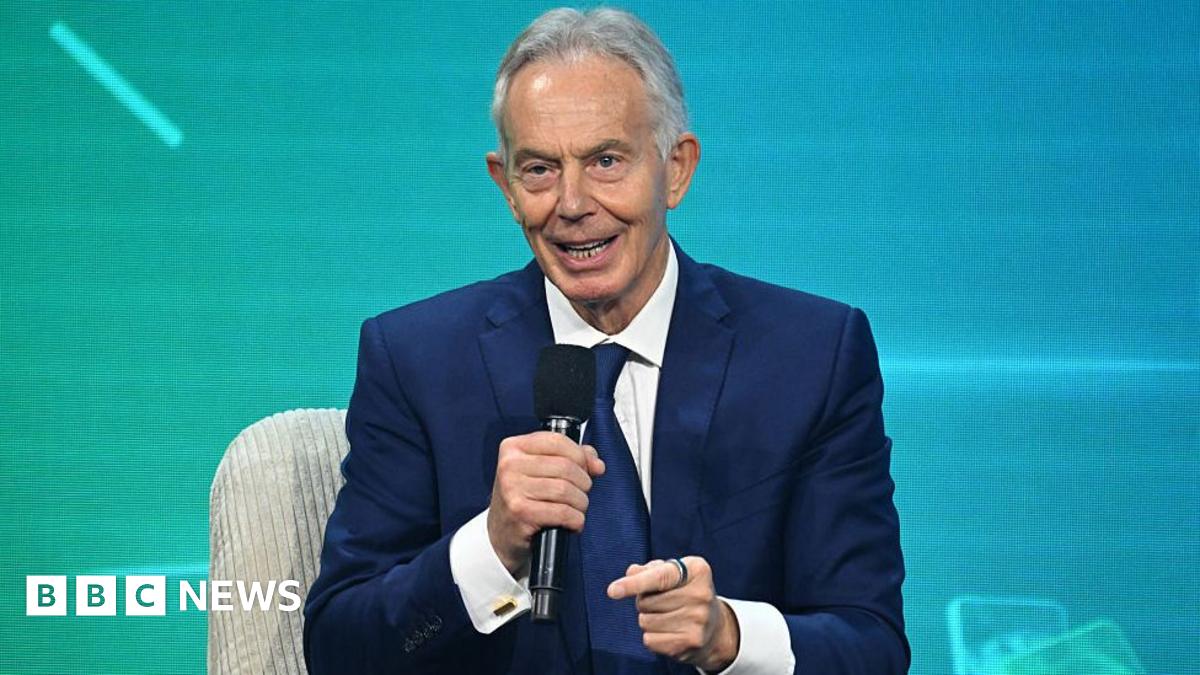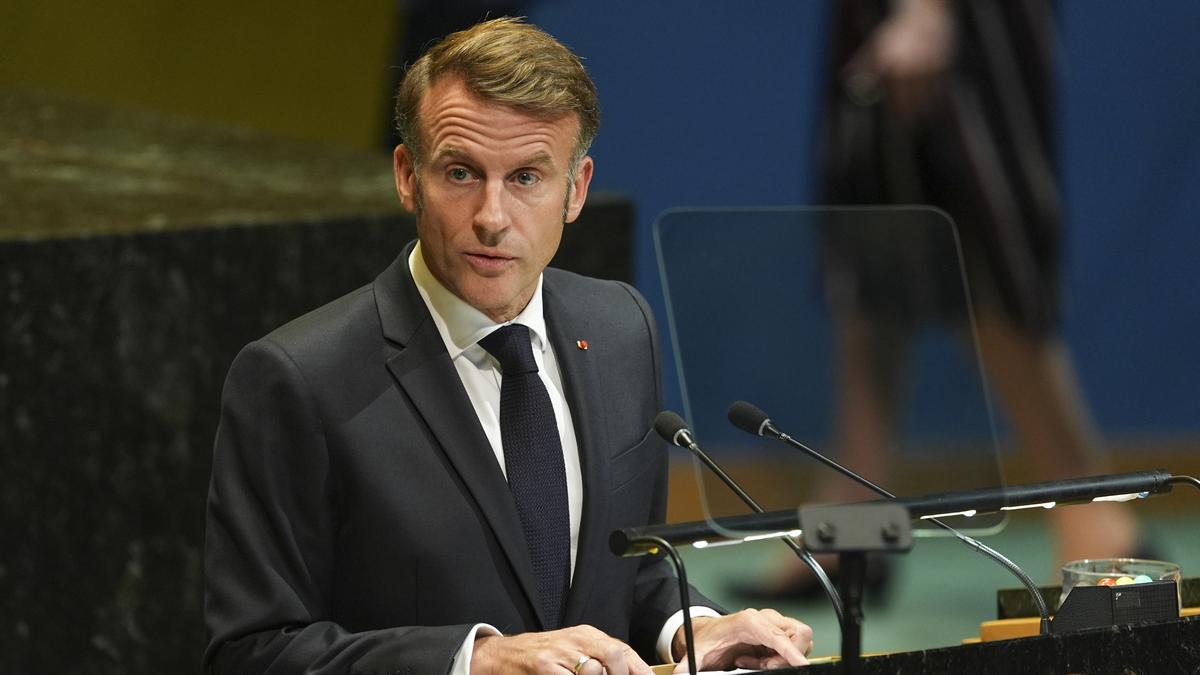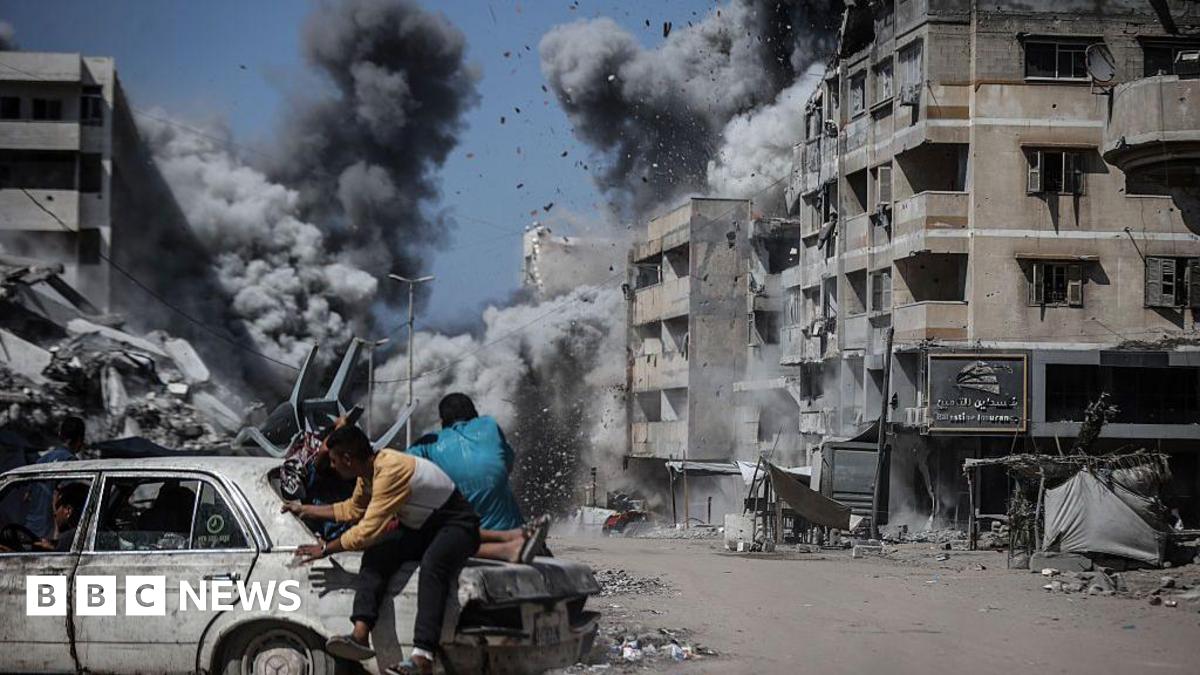Trump Unveils 20-Point Gaza Peace Plan with Netanyahu's Support
President Donald Trump has formally unveiled a 20-point peace plan aimed at ending the ongoing conflict in Gaza. The plan, presented alongside Israeli Prime Minister Benjamin Netanyahu at the White House on Monday, proposes an international peacekeeping force and a post-Hamas transitional government overseen by a "Board of Peace," chaired by Trump himself. The proposal has garnered mixed reactions, with some expressing optimism and others remaining skeptical.
Key Components of the Peace Plan
Trump's plan focuses on several key areas designed to achieve a lasting resolution to the conflict:
- Demilitarization of Gaza: Transforming Gaza into a terror-free zone that poses no threat to its neighbors.
- Hostage Release: Requiring Hamas to release all hostages within 72 hours of Israeli acceptance of the plan. In exchange, Israel would release Palestinian prisoners.
- Transitional Governance: Establishing a temporary, technocratic government overseen by a "Board of Peace" chaired by President Trump, with potential involvement of figures like former British Prime Minister Tony Blair.
- Economic Redevelopment: Implementing a Trump economic development plan to rebuild Gaza, potentially through a special economic zone.
- Security Guarantee: Deploying an International Stabilization Force (ISF) to maintain security in Gaza and prevent future threats.
Reactions to the Proposal
The proposal has received a range of reactions from various stakeholders.
"This is a beautiful day, potentially one of the great days ever in civilization." - President Donald Trump
Netanyahu has expressed his support for the plan, stating that Israel is ready to "finish the job" if Hamas refuses to comply. Several Arab nations, including Egypt, Jordan, Turkey, Saudi Arabia, Qatar, and the United Arab Emirates, have issued a joint statement welcoming Trump's efforts. The Palestinian Authority has also expressed its support. However, Hamas has initially claimed that they have not yet received a copy of the plan.
Contingency Plans and Potential Obstacles
Trump has warned that if Hamas refuses to sign on to the plan, Israel will have his full backing to continue its military operations. The plan stipulates that if all parties agree, Gaza will be governed by a temporary, apolitical Palestinian committee, supervised by the "Board of Peace." However, significant details, such as the size and composition of the International Stabilization Force (ISF), remain unspecified. Analysts have also noted that Hamas's disarmament, a key condition of the plan, has been consistently rejected by the group in previous negotiations. Some members of Netanyahu's coalition are already expressing opposition to the plan.
Israel's Apology to Qatar and Diplomatic Implications
Amidst the peace proposal, Netanyahu has also extended a formal apology to Qatar for a recent military strike targeting Hamas officials in the Gulf emirate. This strike had angered Arab leaders and drawn criticism from the U.S. Netanyahu's apology underscores the delicate diplomatic balance and the need for regional cooperation to achieve a lasting resolution.
| Aspect | Details |
|---|---|
| Governance | Temporary Board of Peace chaired by President Trump |
| Security | International Stabilization Force (ISF) deployment |
| Hostage Release | 72-hour deadline for Hamas to release all hostages |
| Economic Plan | Trump Economic Development Plan for Gaza reconstruction |
| Palestinian Statehood | Recognized as an aspiration, but no immediate path defined |
The success of Trump's peace plan hinges on the willingness of all parties, particularly Hamas, to embrace the proposed terms and work towards a lasting resolution to the conflict. The coming days will be crucial in determining whether this ambitious plan can pave the way for peace in the Middle East.
 Visit the website
Visit the website






